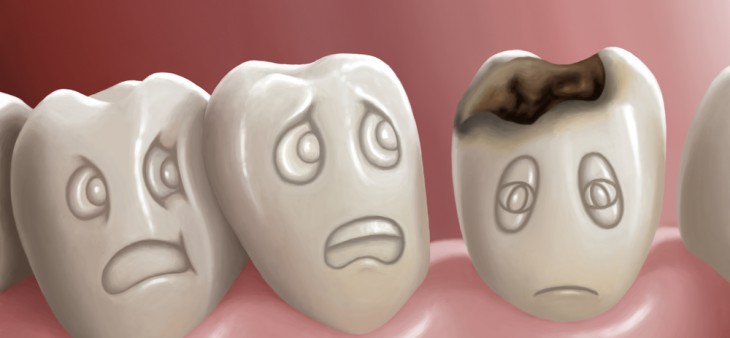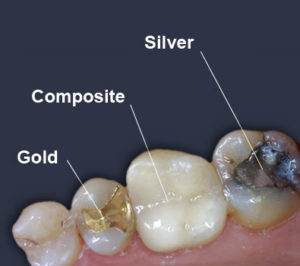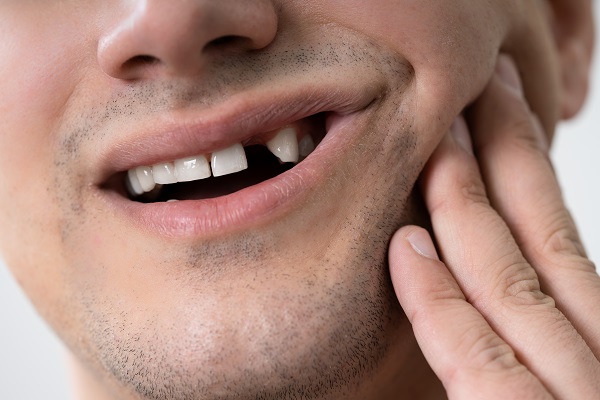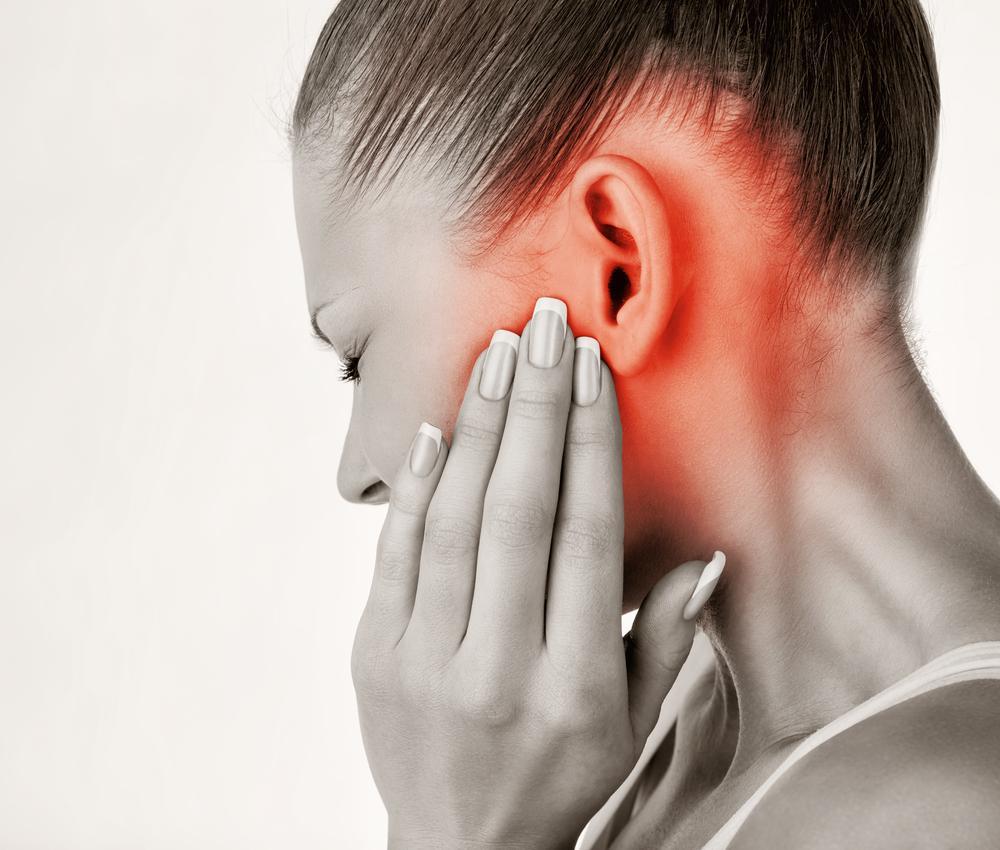Preventing cavities can actually be quite easy when you know everything that you have to integrate into your routine. Going to your cleaning and exam can be nerve wracking as you wait to find out if any fillings need to be done, but you don’t need to worry anymore! With the right dental hygiene regimen, your teeth will be sparkling, white, and cavity-free.
What Are Cavities & How Do They Form?
Cavities are the result of tooth decay which can affect the enamel of the tooth (the outer layer) or the dentin (the inner layer). A dark grey or black spot will be visible when there is tooth decay at work, and will usually hurt when eating cold or hot foods, as well as sugary snacks.
Cavities form when food is left at the site for too long without proper flossing or brushing. The foods that can cause decay usually contain carbohydrates, since carbohydrates are essentially sugar. And we all know that candies, cakes, sodas, cereals and high sugar foods cause cavities.
What essentially happens is the bacteria in your mouth turns this leftover food into an acid, and in combination with other bacteria and food scraps, they all work together to form plaque. This is the white coating that is cleaned away by a toothbrush and tends to cling to the surface of the tooth and underneath the gum line. If not cleaned away, this plaque eventually begins to eat away at the enamel to create decay, otherwise known as a cavity. If the cavity is left untreated, it can begin spreading to the dentin of the tooth creating a cavity so big, a root canal being the only option.
How Are Cavities Treated?
When a patient comes into the office with a cavity, the dentist will use a drill to remove the portion of the tooth that is dark and decayed. The dentist will then fill in the drilled hole with a filling comprised of porcelain, silver alloy or composite resin. He/she will then check to make sure the filling is comfortable when you bite down normally, and if the filling is high, it will be filed down. Usually, the patient will be given freezing to numb the nerves of the tooth and eliminate any potential discomfort.
How Can Cavities Be Prevented?
- Brush once – twice daily, or after every meal
- Use a toothpaste with fluoride to strengthen your enamel
- Floss at least once a day to dislodge bacteria, food debris and sugar from between your teeth
- Use a mouthwash to sanitize and wash way any left over bacteria after brushing and flossing
- Avoid processed, high-sugar foods and sodas
Do not hesitate to call A&A Dental Centre should you have any questions, inquiries about procedures, pricing and insurance. Contact us to book an appointment and get on the path to better dental health! If you have dental anxiety, A&A Dental Centre offers sedation dentistry to ease your worries for a comfortable experience. Thank you for choosing A&A Dental Centre, and we look forward to serving you.







